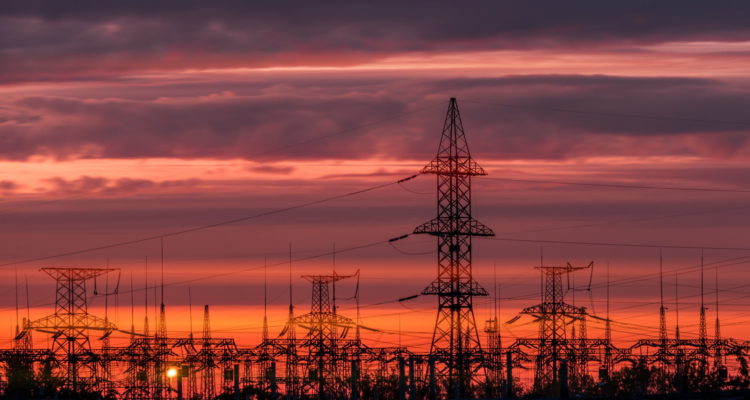Despite the deal, and the 1994 Israel-Jordan peace treaty, anti-Israel sentiment runs high in Jordan.

Two electrical transformers in northern Jordan, part of the infrastructure to transfer gas from Israel’s Leviathan natural gas field to Jordan was torched in an anonymous attack on Saturday, The Jerusalem Post reports on Sunday.
It’s not the first attack on the station, says the Post, citing Sky News Arabia.
Gas will start to flow in the next few days, part of a September 2016 deal worth $10 billion between Jordan’s National Electric Power Company and Noble Energy, which runs the Leviathan pipeline.
Despite the deal, and the 1994 Israel-Jordan peace treaty, anti-Israel sentiment runs high in Jordan, as it does in all Arab states. As a result, the Post reports, “Jordanian citizens and politicians have protested the planned transfer of gas between the two nations.”
Citing a London-based Arab news site, the Post reports that on Sunday Jordan’s parliament requested “a law be drafted to ban the import of gas from Israel.”
In July, the Palestinian Quds news agency reported that Jordanian parliamentarian Tariq Khoury said “Every free man in Jordan must sacrifice himself and his children to blow up a gas line that passes through Jordanian territory, we are all martyrs of the project.”
The Post also reports that in March, the Jordanian House of Representatives rejected the deal and called for its cancellation.
Tensions have been on the rise between Israel and Jordan.
In November, the Jordanian Army, in contradiction to the peace agreement signed with Israel, conducted a series of military maneuvers simulating an attempted invasion of the kingdom.
The maneuvers, which took place on Nov. 25, were named “Swords of Karameh,” in an apparent reference to Israel’s 1968 military operation against Fatah near the Jordanian village of Karameh, in which the Jordanian Army fought alongside the Palestinian group.
While the official Jordanian reports did not explicitly mention Israel, the reference to the Battle of Karameh and that fact that the drill focused on an invasion via bridges — that is, bridges over the Jordan River, which forms the border between the two countries — strongly implies a connection.
Furthermore, a photo of the maneuvers published in the Jordanian media showed King Abdullah standing with army commanders in front of a model of Jordan’s western border and the Dead Sea area.
An article published by a local Jordanian website stated explicitly that the maneuvers simulated a battle with “the occupying entity across the river” — that is, Israel.



Leave a Reply
You must be logged in to post a comment.